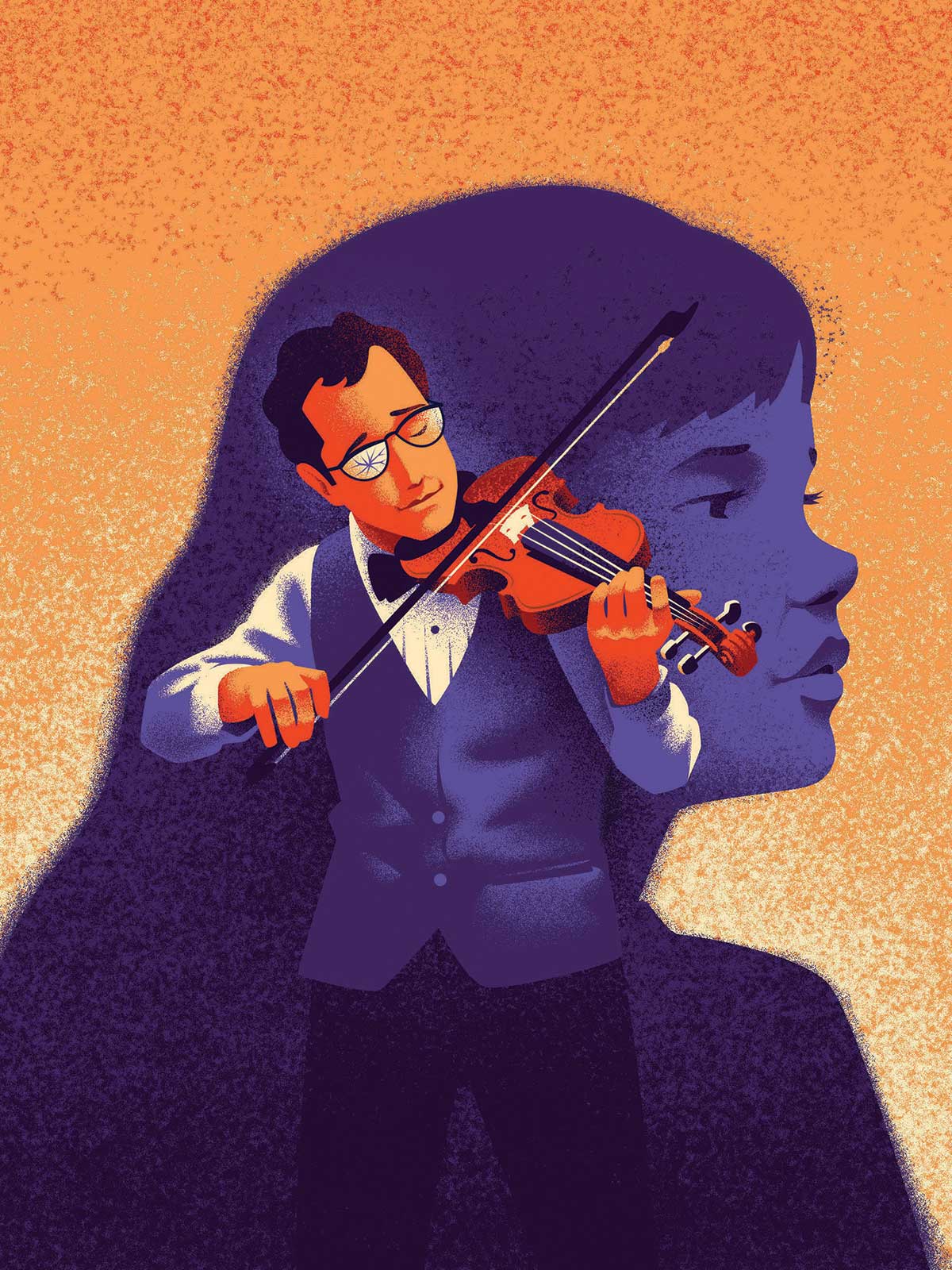What awful affliction is it that makes preteens view their parents’ idiosyncrasies through a monstrous magnifying glass?
I cringe to admit this, but in middle school I was embarrassed by my father. Born with cataracts after his mother contracted German measles, he wore Coke-bottle glasses and walked with an exaggerated high-stepping gait to avoid tripping over things. Worse, he couldn’t drive like other dads. Surgery improved his vision slightly, but he was still considered legally blind.
Perhaps that was why music was so important to him; being deprived of one of his senses had sharpened another.
When my friends came over, I engineered excuses to avoid my father. He told the awfullest jokes: “What did the mayonnaise say to the icebox? Close the door, I’m dressing.” In my adolescent imagination, my friends were laughing at him, not with him.
“Your father is playing with the orchestra tomorrow night at Baylor before freshman orientation,” my mother explained one night. “It’s the same night as my writing class. Could you walk over there with him?”
As we crossed a busy street in the dark, my father tripped over the curb and fell forward onto his chest. His battered violin case landed with a clatter on the sidewalk along with his glasses, which suffered a spiderweb of cracks across one lens. Horrified by my inattention, I helped him up and brushed off the front of his suit coat.
“Are you all right?” I asked. “Do you want to go home? You won’t be able to see the music with your glasses smashed.”
“No, I can’t go home,” he said, checking his 200-year-old violin for damage. “They can’t play the violin parts without me. I can’t see the music unless I’m up close anyway, so I always memorize my parts. If you’ll help me get set up on the stage, I’ll be OK. Why am I so clumsy?”
Years later in high school, I began to recognize the courage it took for this gentle, loving man with a disability (he hated the designation “handicapped”) to get a doctorate and then a job just after the Depression; to play Mozart, Bach and Beethoven in front of large crowds; to teach psychology to classes of graduate students; to lead brain exercise groups at local nursing homes; and to raise three children, willingly wearing out the knees of his suit pants to play the part of the horse to our cowboys and Indians.
I’m sure that my father recognized and forgave my adolescent foolishness. He was that kind of guy.
Martha Deeringer, a member of Heart of Texas EC, lives near McGregor. She often wishes she could hear her father play Mozart on his violin one more time.


